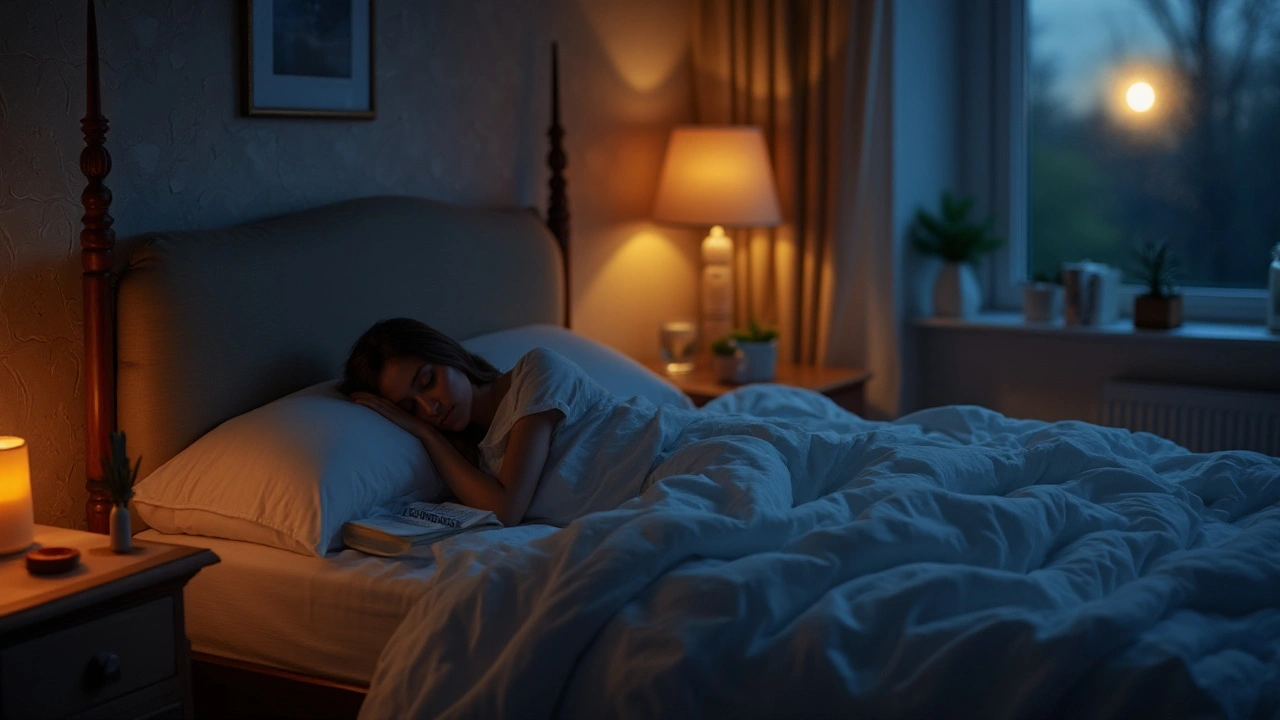Melatonin: How to Use It Safely for Better Sleep
A small hormone controls your sleep-wake clock. Taking melatonin can help reset that clock, but dose and timing matter more than brand hype. Use the right approach and melatonin can nudge you into better nights without foggy mornings.
How melatonin works and when to use it
Your brain makes melatonin in response to darkness. Supplements mimic that signal. People use melatonin for jet lag, shift work, falling asleep faster, or when their bedtime routine and light exposure are wrong. It’s not a sleeping pill that forces you under — it tells your body “night time” so falling asleep becomes easier.
Melatonin helps most when the problem is timing, not when you can’t sleep because of pain, anxiety, or breathing problems. If you wake often or snore heavily, see a doctor before relying on melatonin.
Practical dosing, timing, and safety tips
Start low. Many people do well on 0.3–1 mg. Higher doses (3–5 mg) can work but raise the chance of morning grogginess and vivid dreams. For jet lag, 0.5–1 mg taken at local bedtime for a few days often helps. For shift work, take melatonin about 30–60 minutes before your desired sleep time.
Timing matters more than size. For fast sleep onset, take immediate-release melatonin 30–60 minutes before bed. For longer sleep, a prolonged-release formula may help. Put your phone away, dim lights, and keep a regular sleep schedule — melatonin works best with good habits.
Watch for common side effects: drowsiness the next day, headaches, and strange dreams. Don’t drive or operate heavy machinery until you know how melatonin affects you. Avoid alcohol — it can make side effects worse.
Drug interactions matter. Melatonin is broken down by liver enzymes (CYP1A2). Drugs like fluvoxamine can raise melatonin levels. Combining melatonin with sedatives, benzodiazepines, or strong antidepressants can boost sleepiness. If you take blood thinners, immunosuppressants, diabetes meds, or have autoimmune disease, check with your clinician first.
Kids and teens: use pediatric advice. Low doses and doctor guidance are best because melatonin affects hormones tied to development.
Quality varies. Choose brands that third-party test for purity (USP, NSF, or an independent lab). Store melatonin in a cool, dry place. If a bottle claims massive doses or miracle cures, be skeptical.
Short-term use is generally safe for most adults. Long-term safety data is limited, so aim to fix sleep habits alongside any short melatonin course. If sleep problems persist for more than a few weeks, talk to a sleep specialist.
Want to try melatonin? Start with a small dose, take it at the right time, improve your light exposure and bedtime routine, and check with a clinician if you take other meds or have health issues. That simple plan gives you the best shot at real sleep improvement.

The Crucial Role of Melatonin in Managing Stress
Discover how melatonin, a natural hormone, plays a vital role in stress management. Learn about its impact on sleep quality, immune function, and overall well-being. Get tips on how to effectively use melatonin supplements and incorporate stress-reducing activities into your daily routine.
